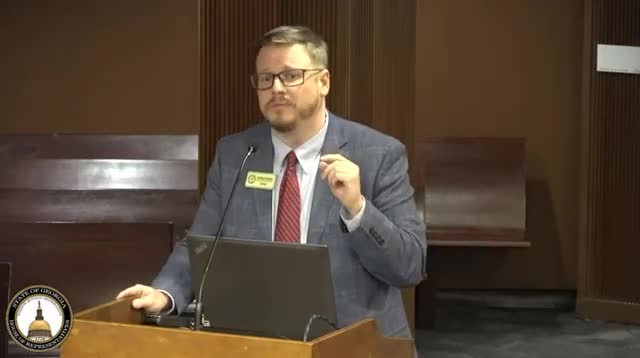Article not found
This article is no longer available. But don't worry—we've gathered other articles that discuss the same topic.
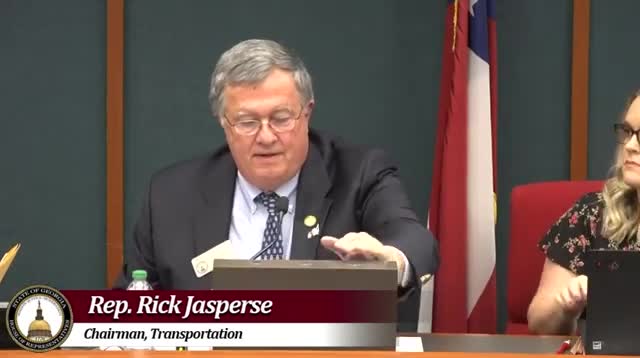
Committee reviews proposal to note General Assembly year on road-dedication signs
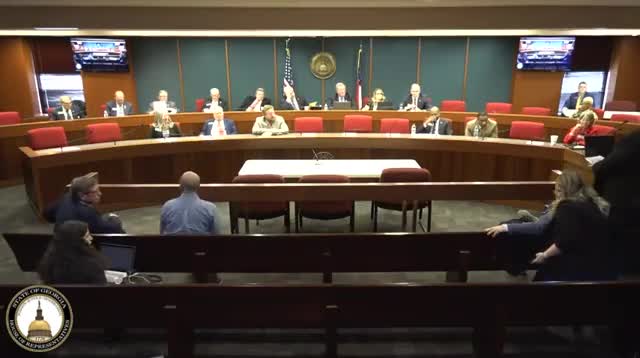
Georgia Airports Association urges more airport aid, revised matching formula and a statewide height study
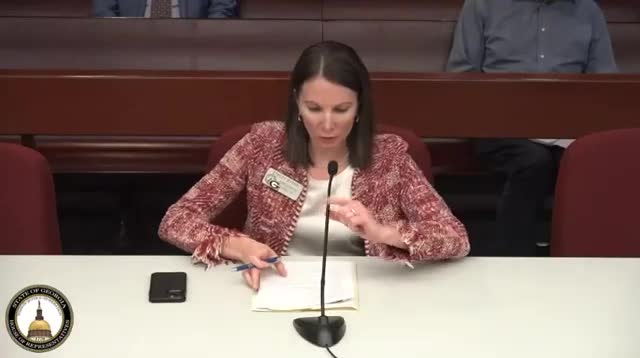
Bill would require notice and hearings when private developers alter state roads; neighbors point to 'Dewberry Roundabout'
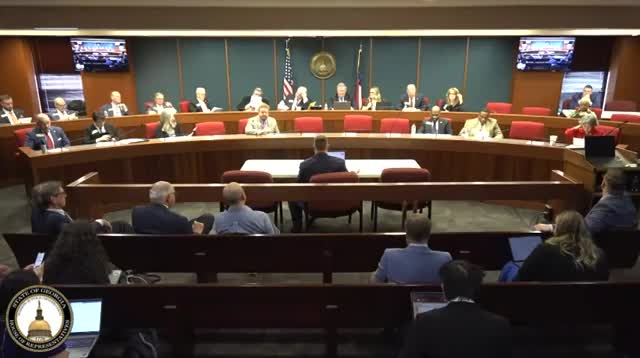
Committee backs bill to let GDOT perform work on military bases under intergovernmental agreement
